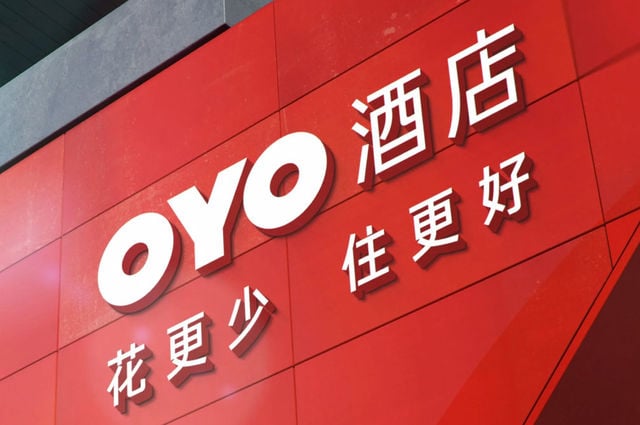Is OYO Hotels the next WeWork of the hospitality industry?
8 experts shared their view
Funded by SoftBank, which also bankrolled WeWork, today OYO has a a valuation of $10 billion (more than Choice Hotels and Wyndham Hotels combined) and boasts being the fastest growing chain in the world with over 1 million rooms in its portfolio. Beneath the PR glitz some industry experts see major structural and business model flaws: overhyped tech stack that often fails, "novel" revenue management approach of pursuing occupancy at any cost by lowering rates in periods of peak demand without the approval by ownership, as well as lack of brand recognition among the traveling public, forcing Oyo to rely on third-part resellers like Airbnb, HotelBeds, OTAs, etc. Is Oyo Hotels and Homes a great success story or is it another example of a cash-burning startup that will crash the moment cash infusions dry up?
We should acknowledge Ritesh Agarwal's achievement as a young entrepreneur who has built a successful global business in six years that other hotel chains have struggled to achieve in 50+ years. OYO is the fixer-upper of hotel chains. They do very fast, cheap makeovers to get the bare basics of a consistent brand and then get properties selling asap in order to receive their 25% commission which they need to pay back investors like Softbank who are underwriting much of the cost to renovate properties. The commission model makes OYO more like an OTA than a hotel chain, perhaps that's what made it desirable to SoftBank in the first place.
The operational kinks will be worked out because budget hotel rooms have to offer a good guest experience, just like everyone else. That positive guest experience will be needed if they are to increase brand awareness and encourage loyalty to reach their growth targets. I expect an IPO within the next 2 years so it'll be a race to expand the OYO business as they work towards that, although they deny that's being planned at the moment.


